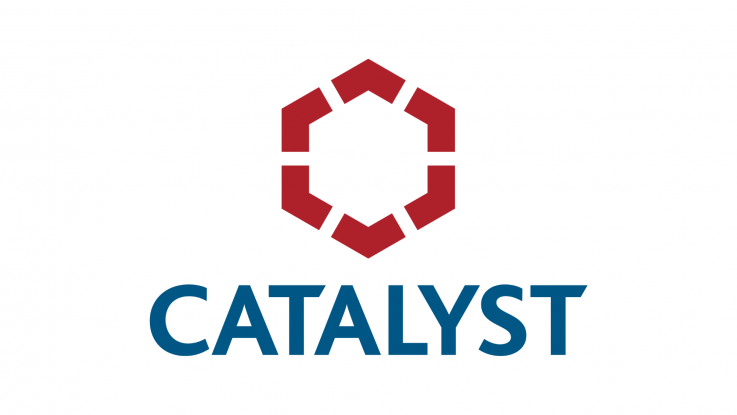

Improving lives for amputees
Two former Southampton Science Park Catalyst programme tenants are involved in a major research project which aims to improve access to artificial limbs in lower and middle income countries. Dr Mike Santer, Founder of Blupoint, and Dr Cheryl Metcalf, Co-Founder of Cynaptic, join a formidable line-up of participants in the project, which has just received £900k funding.
About 100 million people worldwide need prosthetics (artificial limbs) or orthotic devices (braces and splints) but an estimated 80-90% of these cannot access them. The higher incidence of traumatic amputations in lower and middle income countries - caused by accidents, conflict and landmines - means that a greater number of young people with many physically active years ahead of them, are requiring support.
The ambitious three year project will see two studies carried out in Cambodia, Southeast Asia, with the aim of developing digital tools to improve access to prosthetic and orthotic services, train clinicians and ensure funding is spent more efficiently. The planned outcome is that it will reduce time off work for the people affected, a critical factor where agricultural workers spend their day’s earnings on the same day’s food.
University of Southampton mechanical engineer Dr Alex Dickinson is project lead. He and his colleagues have spent three years building the project and the partnerships which will help it to deliver real world impact. They have recruited a world leading team of clinicians, academics, industry experts and policy-makers who will conduct two data technology research studies to investigate:
- Digital measurement tools to assess a user’s residual limb anatomy, biomechanics of gait, typical daily prosthetic limb use, and health status; and
- The architecture for a portable digital patient case note system: a robust and secure IT network for travelling prosthetists to visit provincial areas to provide evidence-based treatment for those in remote communities who cannot afford to travel.
Key to the project is a user-led research model, where the prosthetists, physiotherapists, community workers and patients themselves are involved in directing the technical work.















































































